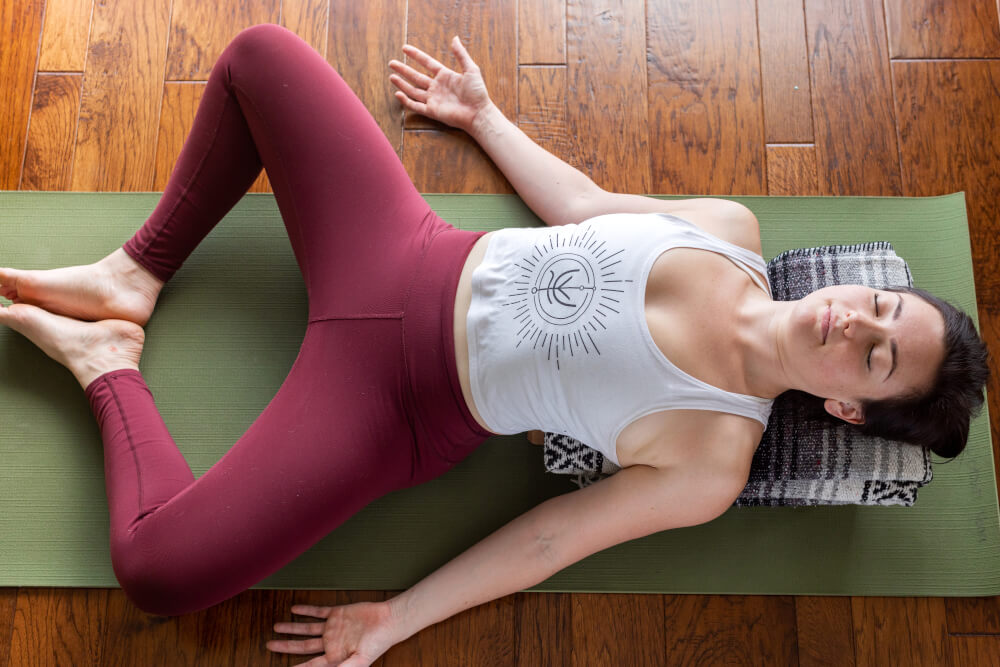
Yoga to Relieve Stress & Anxiety
Stress is something that affects most people’s lives at some stage. This short course has seven lessons which include: the symptoms of stress, tips on Mindfulness and two mindfulness exercises. A meditation video, advice on diet and food that can help alleviate stress, plus three recipes. A step-by-step yoga for stress asana, which includes a downloadable ebook, and a yoga sequence for relaxation video, there is also a free downloadable 7-day Gratitude Journal where you can record your thoughts and feelings.
Lessons
-
What is Stress
-
Meditation for Stress
-
Nutrition for Stress Relief
-
Mindfulness
-
Restorative Yoga Flow
-
Advice and Support
-
Yoga for Stress Relief
-
Free Graditude Journal
